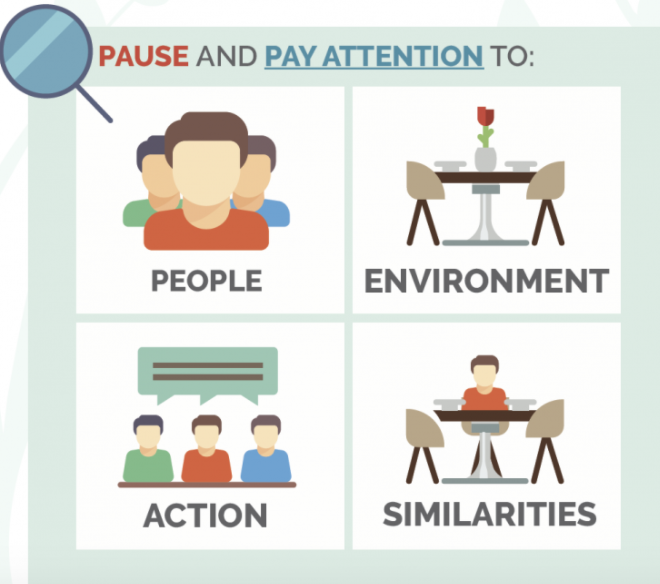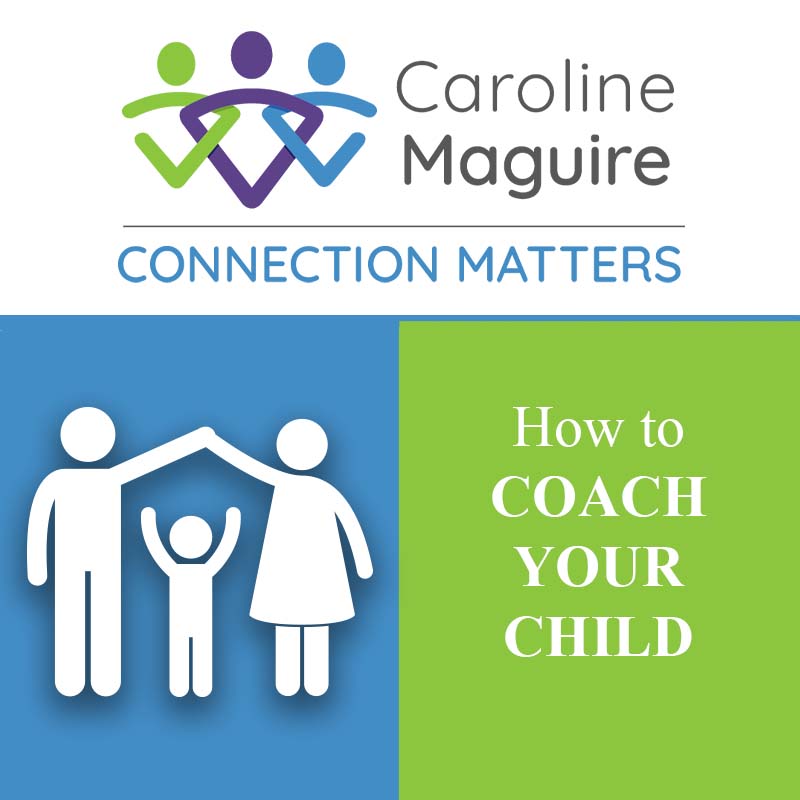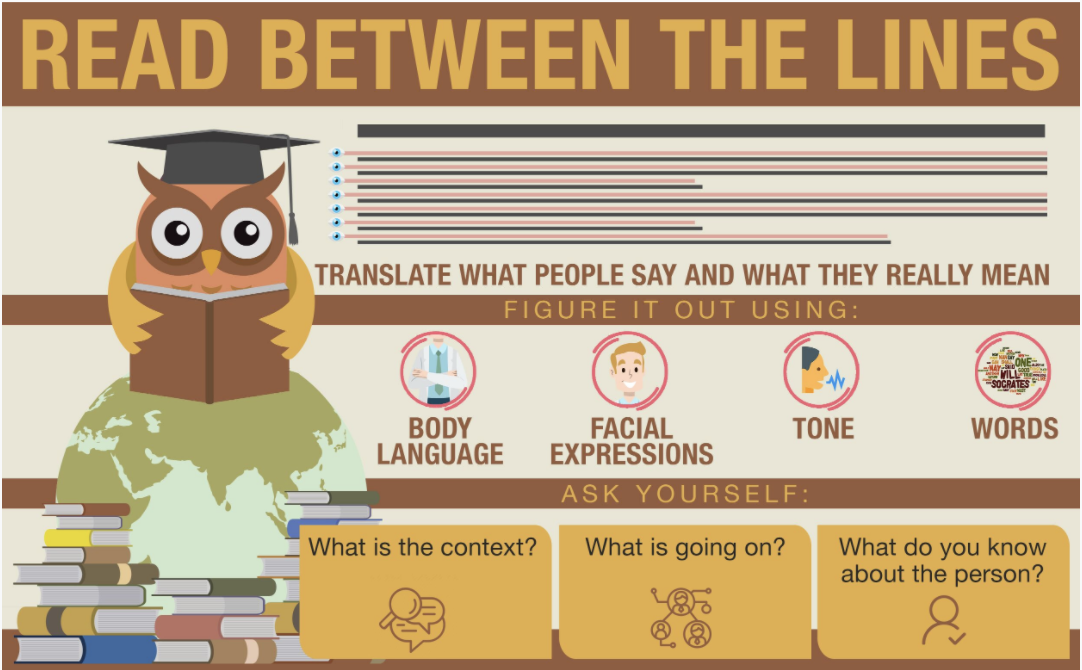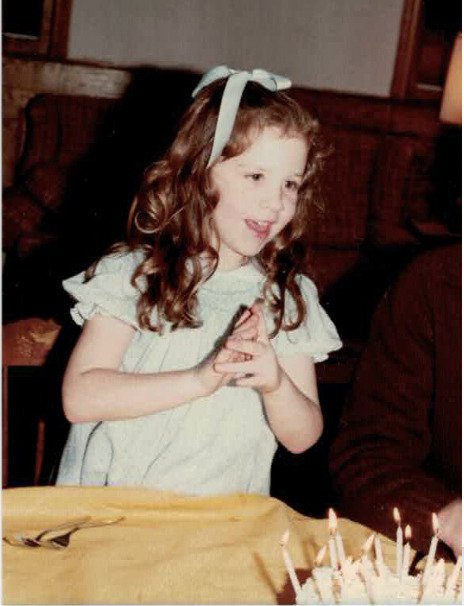How To Help Your Kid When They Regularly Misread Social Signals With Friends

Facial expressions, body language, tone of voice, and the context of a situation are social signals for us to pause, read, and decipher how to act. You know your child is rarely aware of subtle social signals and does not understand or read people’s moods to recognize what is important to them.
When children do not read or interpret nonverbal information, they tend to struggle to understand certain unwritten signals from teachers, friends, and future bosses.
Why Doesn’t My Child Pick Up on Social Signals?
You see your child ignore the signals and pleas from friends in social situations to switch games, go somewhere else or choose another song on the radio.
You suspect that your child doesn’t pick up on the teacher’s cues either when he alludes to something important, such as, “be sure to reread your notes.” Your child may even sit in the front row, and yet miss a punctuated tone, a lift an eyebrow, or be able to read between the lines when a lot of time is spent on a particular topic or page.
Subtle Social Signals are in Every Situation
For children and teenagers with executive function weakness, and especially those with social skills issues, it is hard for them to figure out how to interpret the teacher’s unspoken and subtle instructions that really flesh out the assignment.
Executive function is the management system of the brain that controls attention and organization. It provides the ability to organize information, remember and learn from past experiences, and integrate thought processes that shape perception and self–awareness. It helps children to adapt to new situations and self-monitor. Without it, it is hard to show self-awareness of social cues and anticipates people’s reactions in social situations.
Often children who lack executive function skills are so impulsive that they tend to talk out of turn and usually don’t have a filter when it comes to expressing opinions. Sometimes they can be loud and impulsive, and they seem to miss necessary social signals that someone is annoyed with them, or that they are not fitting in with the current situation.
Help Build Social Signal Awareness in Your Child
You may think you’ve told your child how to behave at least 100 times, but nothing has worked. Follow these suggestions for help your child adapt their behavior:
1. Teach your child to read the room –
Children have good intentions but they may not know how to tune in and read the room. Often children can struggle when feeling bored, overwhelmed, tired, or when facing a self-regulating challenge. Reading the room – the ability to recognize the players and energy – will allow them to understand their social role, develop greater situational awareness, and tune into social cues to create more socially expected and appealing behaviors. Ask your child, in the moment, to stop and describe what the look on your face should portray.
In every environment, there are expectations and unspoken rules. To present the best face to the world, you have to decipher those expectations by reading the room.
2. Read between the lines-
As your child communicates online or in-person, the way something is said can change the meaning so it is important to read between the lines. Drawn out words change the meaning of a sentence, for instance, a stress on the adjective i.e., “that is SOO nice”, changes the meaning from positive to a negative, snarky comment. Intense verb adjectives and adverbs, such love, hate, and always can be signs of sarcasm. Reading between the lines can help translate what the person means, allowing you to make a choice on how to respond.
3. Teach your child to be a social spy! –
Being a social observer is a start, but you can make it fun with Social Spy! The concept is that the child can to go into public with a mission to be a social spy where she will obtain specific social information. Have your child spy and report on what other kids at school are doing and saying. The idea is to observe a specific behavior. Have her report on how her peers dress, what they talk about at lunch, and where they sit. Have your child work through these scenarios, pause and pay attention to a specific set of behaviors.
Specifics to look for:
- Facial Expressions
- Body language
- Expected behavior the situation demands
- Unspoken rules of the environment
- People’s mental states
- Social norms
- Perspectives and points of view
4. Help your child witness social signals –
Helping your child witness and reflect is one of the most important things a parent can do to help their child build social skills. Encourage your child to self-reflect on actions and thoughts by asking open-ended questions to allow candid speech. Instead of telling your child, “You can’t have friends if you don’t join anything,” ask, “How do kids connect and make friends? What steps does it take to connect with people?” Instead of “You are really loud when you play video games,” ask “What do others do when playing these games?” Let them think for themselves about how others perceive, engage and interact.
There are Lots of Ways to Build Social Skills at Home.
By helping your child become more self-aware and improve her social skills, your child will become a more “clued-in” child with a greater ability to develop strong, life-long friendships. With support, your child CAN learn to assess the situation and respond appropriately. Using questions, fun tools, and specific methods, you will help your child read the room, similarly to a coach teaching your child how to play volleyball.
It’s a journey, and consistency is the key. Parents should find comfort in knowing that all children benefit from patience and nurturing.
For scripts, tools, advice and actionable exercises on helping children develop social skills, check out Why Will No One Play with Me?
Social Skills Deeper Dive:
Collaborate Virtually at School and Home
How to help a kid learn to join in
Social Skills Deeper Dive
More actionable advice, exercises and videos can be found in the Store

How to Coach Your Child – Kids need good role models. Skills like listening and communication are critical. This exclusive program for parents teaches how to coach your kids for life.
Adults with ADHD Social Skills Training: How to Get Along with Everyone – 2-Part Seminar with Caroline Maguire
Rusty Social Skills Bundle – Everything you need to help students return to the classroom for the development of critical social skills.
Coaching Conversations Video Course – How to use the lessons in Why Will No One Play with Me? in everyday life using real people and real scenarios
From “Hi” to a Full Conversation – How to adapt conversation starters to initiate small talk.
Joining a group Infographic – Make joining a group less intimidating – and more fun!
Building a Conversation Infographic – Learn how to engage in reciprocal give-and-take
Steps for Joining a Group Video – Step by step details to comfortably and successfully join a group
How to Read the Room as an Adult – Managing perceptions and engaging successfully
How to SEL – HOW TO help children build social skills




